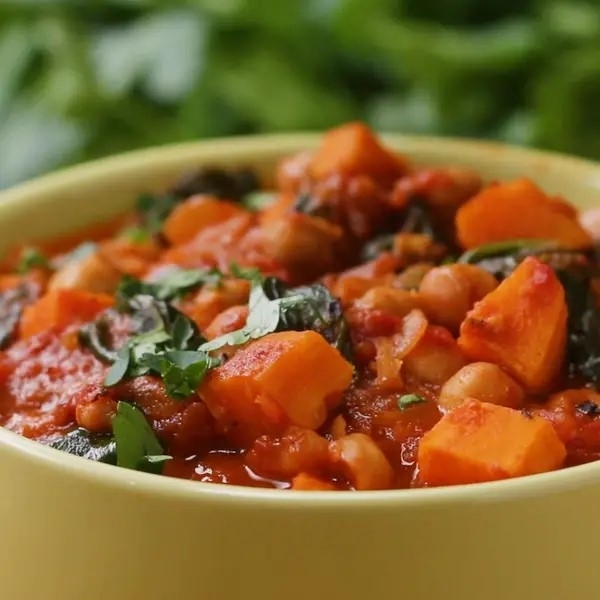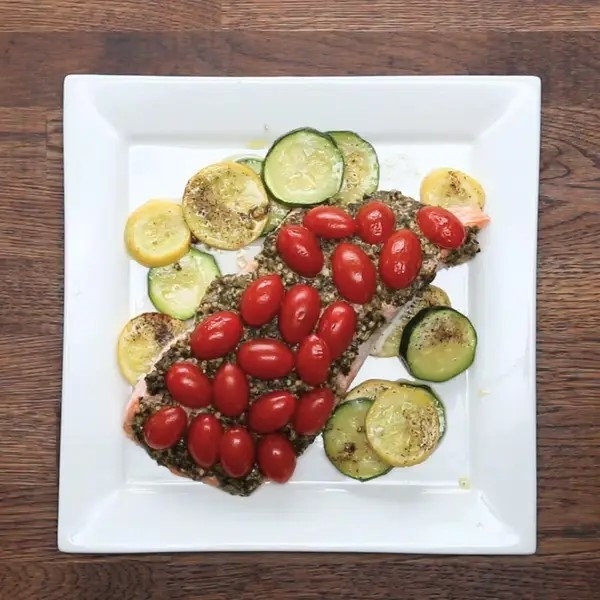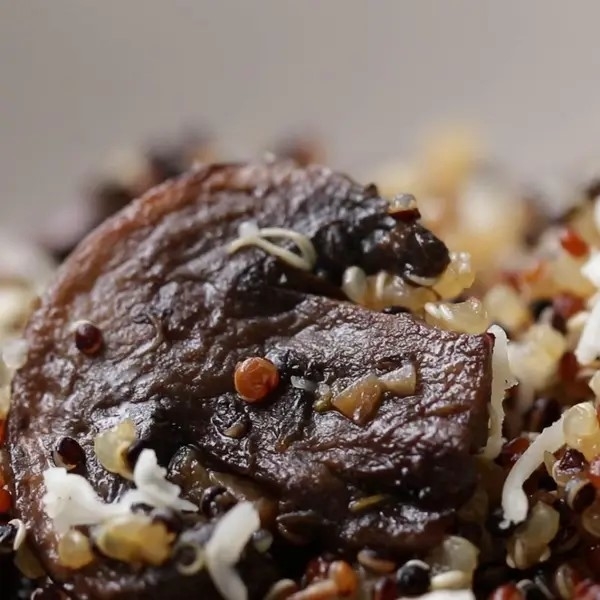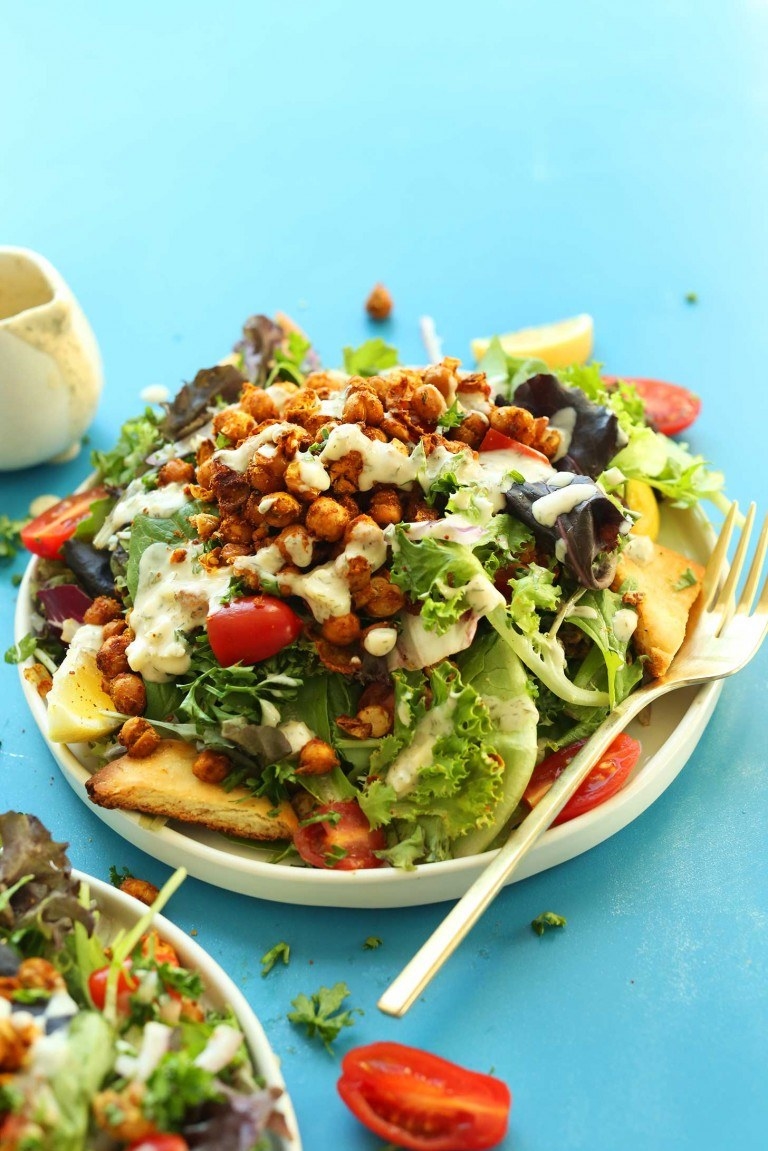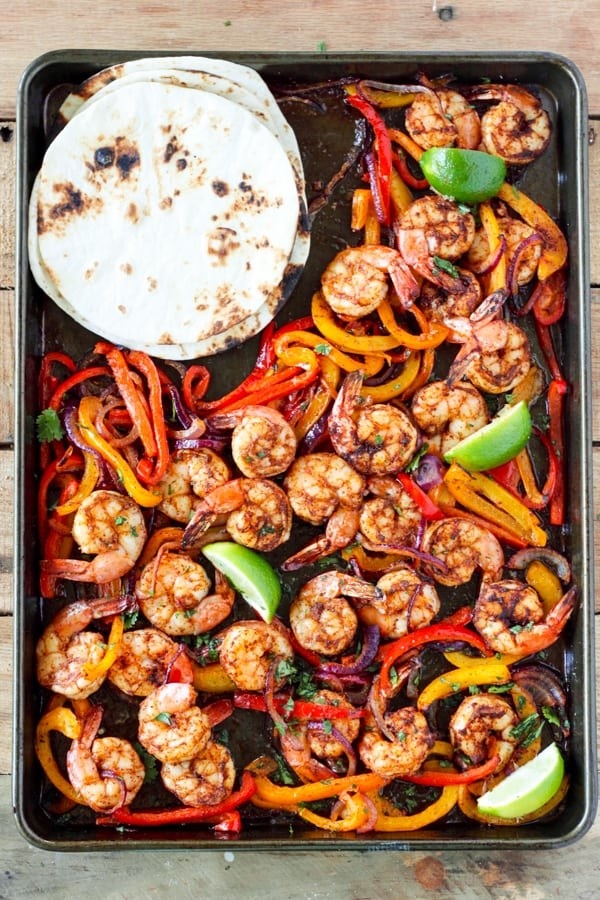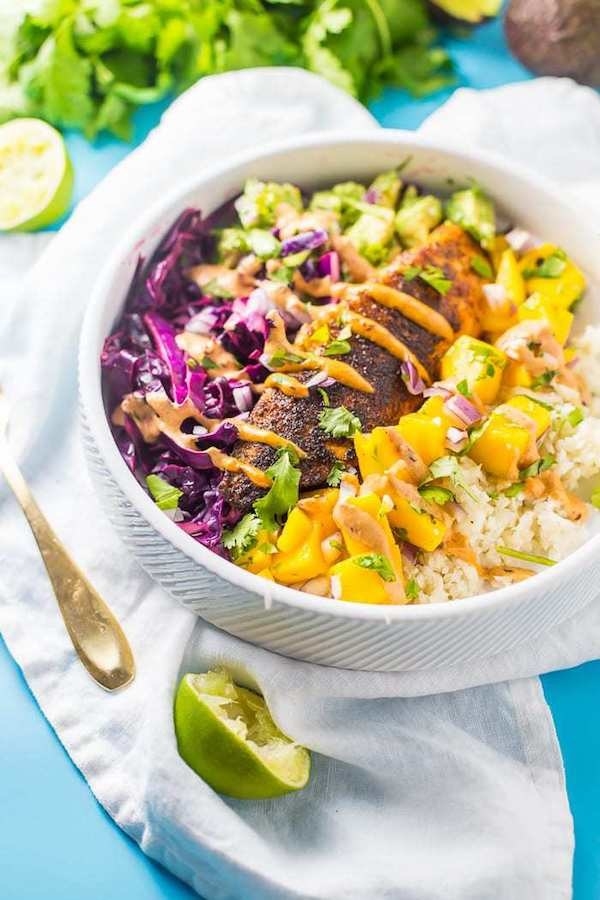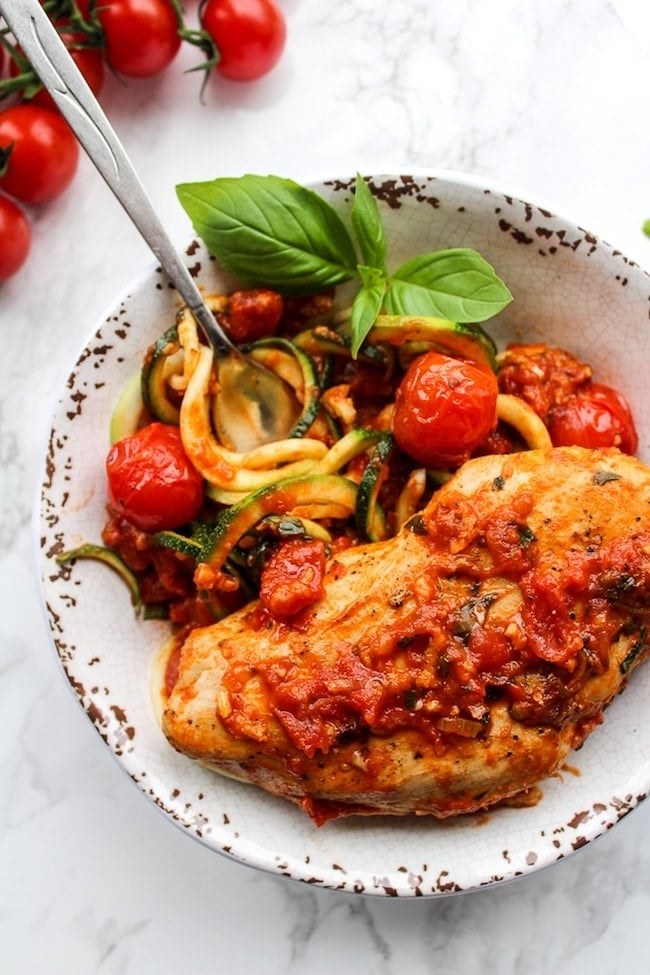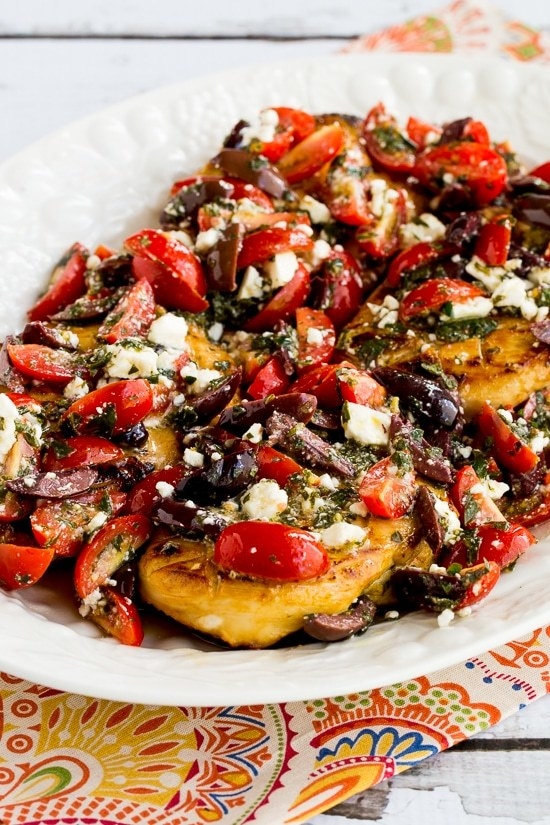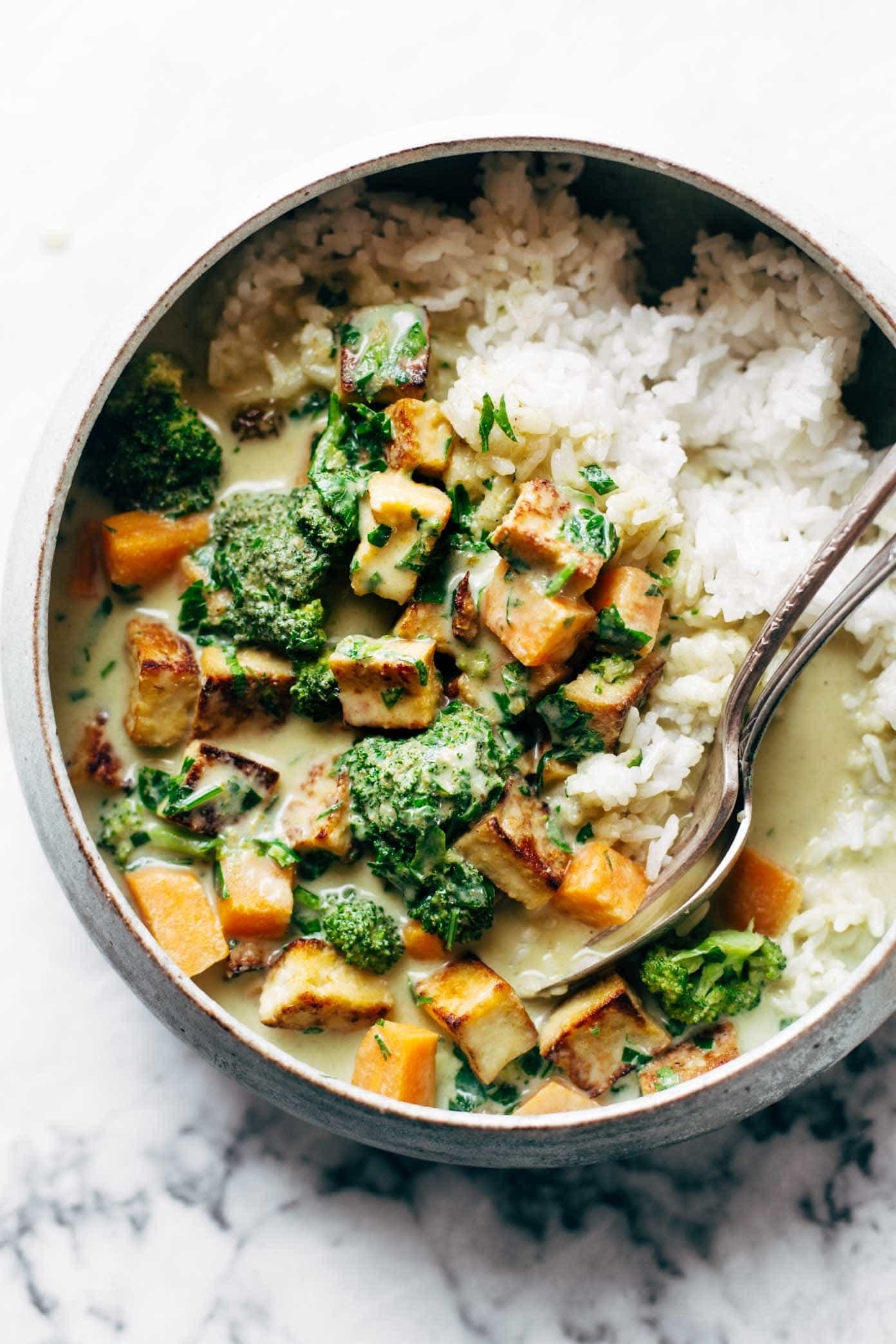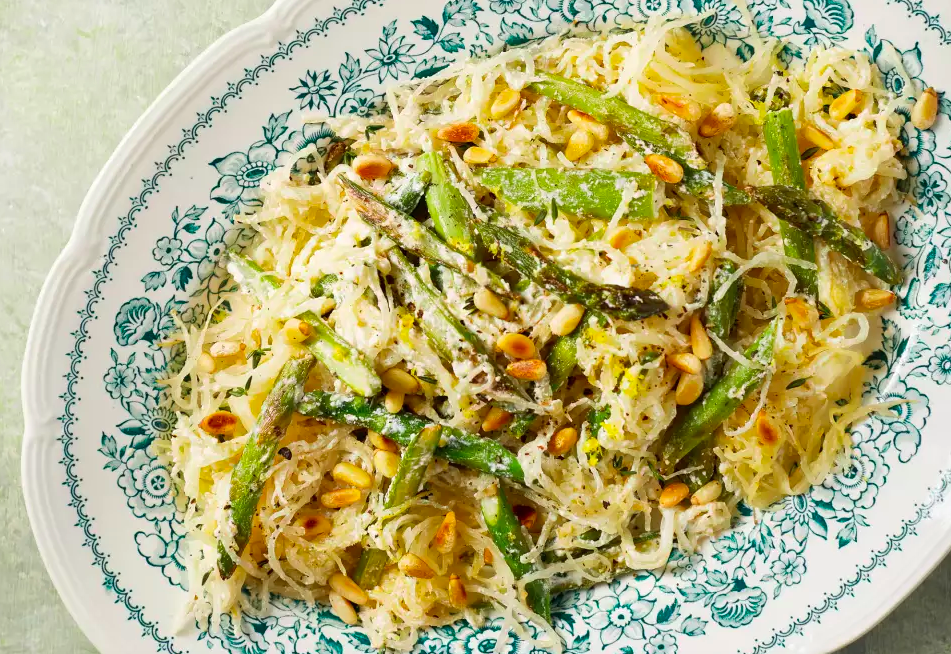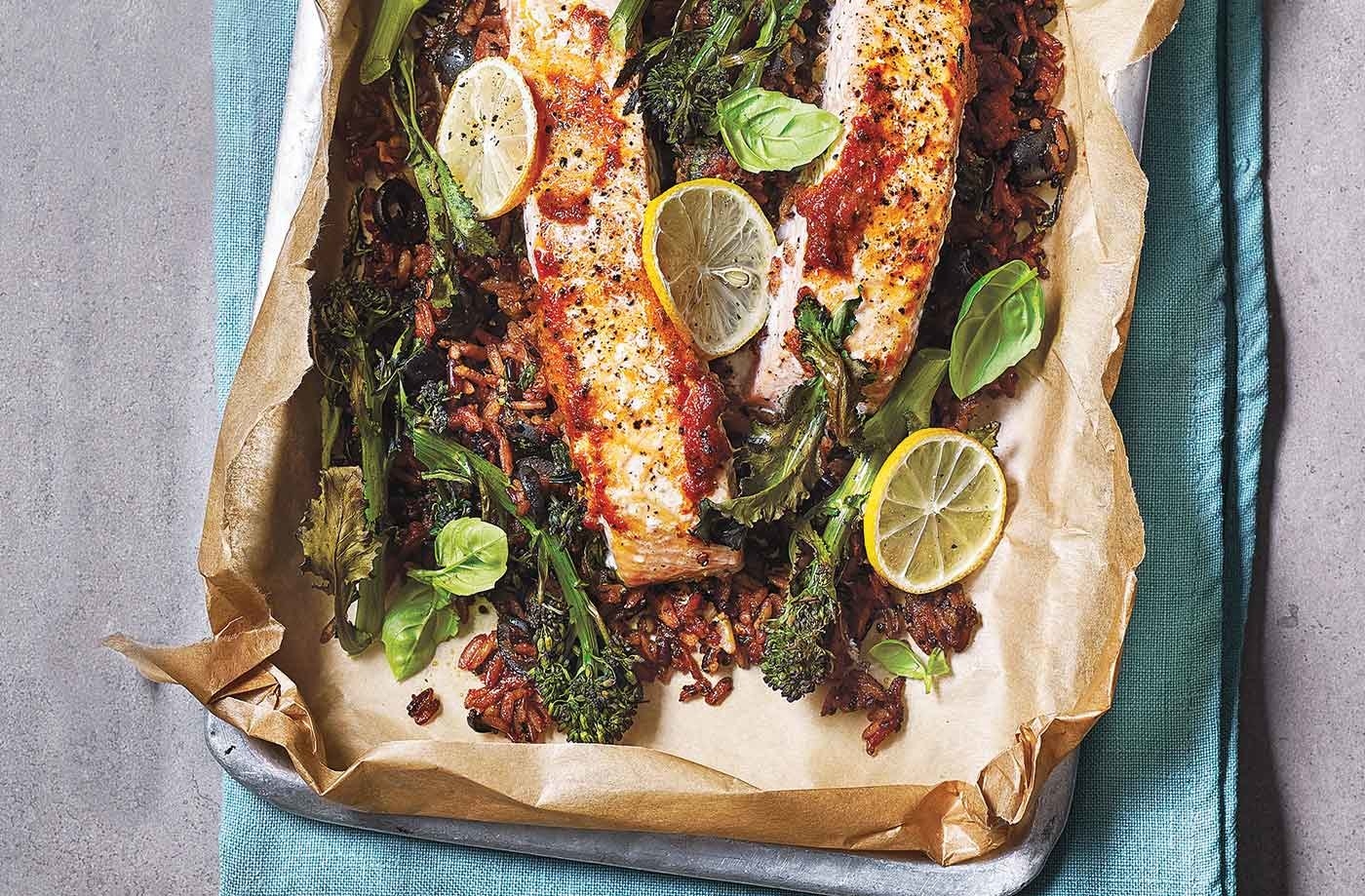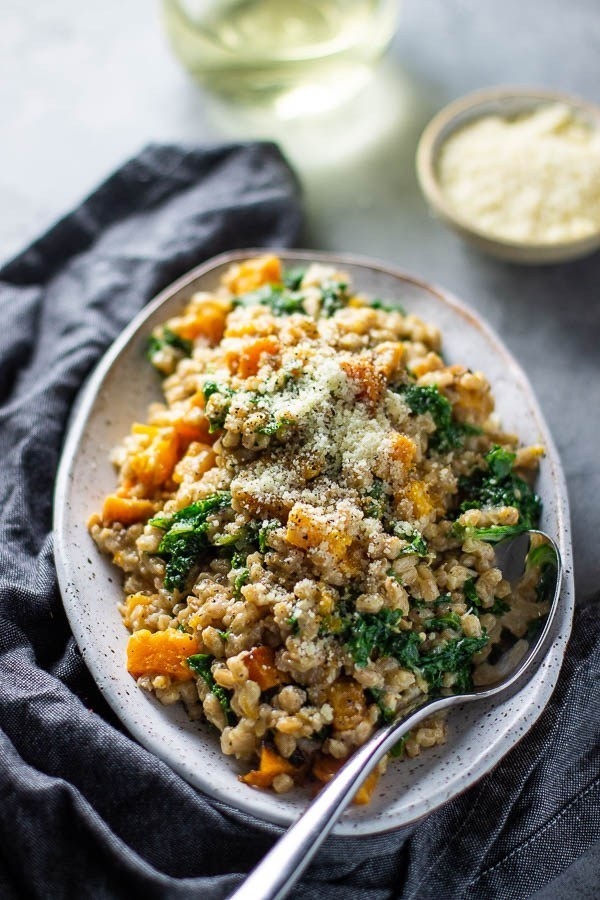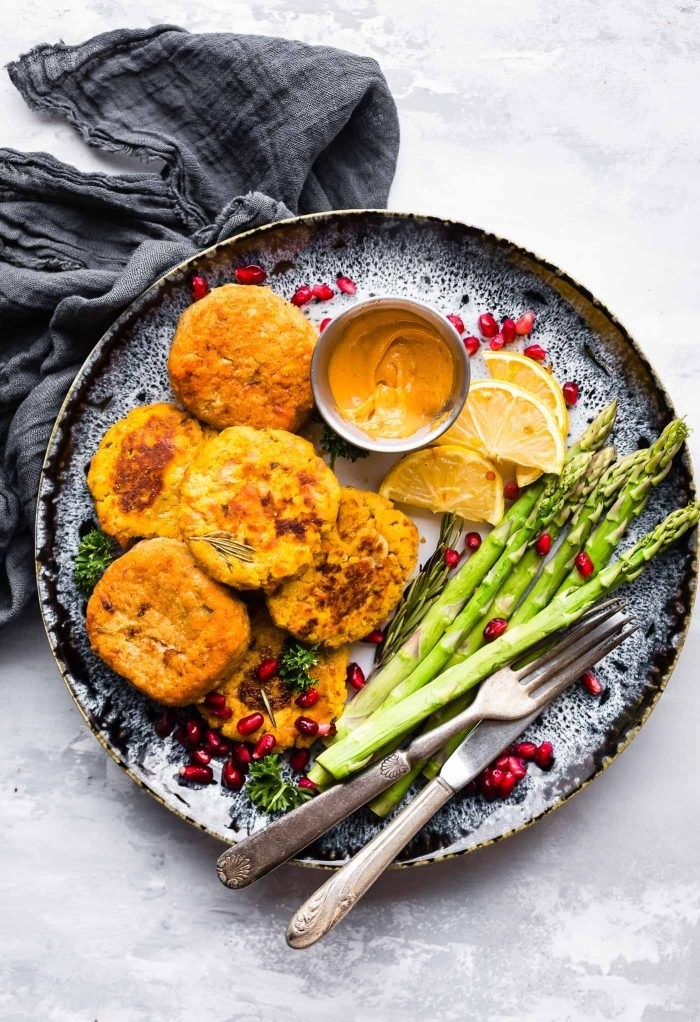Hey guys! I'm Michelle. Recently, I had a medical scare involving double vision that, for the first time in my adult life, made me take a true, hard look at my health and diet.
I won't go into details, but I basically woke up one morning unable to focus my eyes. After two weeks of emergency tests and hospital visits, my doctor set me up with an intense anti-inflammatory drug that did the trick.
I don't know if my diet played any role in my acute double vision — it may very well have played ZERO part in it — but I figured now would be as good a time as any to examine sources of inflammation in my diet and lifestyle.
In my quest to understand nutritional sources of inflammation, I spoke with registered dietitian Kristen Brogan, of wellness platform On Target Living.

Generally speaking, on an anti-inflammatory eating pattern, you should focus your dishes on vegetables, fruits, some spices, nuts, and omega-3 fats.
According to Brogan and other sources, here are some basic guidelines you should follow for an anti-inflammatory "diet":
• Consume plenty of vegetables and fruits. Generally speaking, this goes along with the anti-inflammatory principle of sticking to foods that are as close to their natural states as possible.
• Consume whole grains, as opposed to refined carbohydrates like pasta, white bread, and white rice.
• Consume foods rich in omega-3 fats, like flaxseeds, chia seeds, and fish oil.
• Season foods with anti-inflammatory herbs and spices like cloves, cinnamon, turmeric, rosemary, ginger, sage, and thyme.
• Make oily fish your primary protein.
• Consume alcohol, processed meat, and dairy rarely.
• Avoid processed foods and refined sugars.
• Cut out trans fats completely.
Like the Mediterranean diet (which is a type of anti-inflammatory diet, btw), an anti-inflammatory eating pattern works best when coupled with a healthy lifestyle. Lifestyle factors that can cause inflammation include poor sleep, high stress, lack of movement, smoking, and long-term use of antibiotics and medications.

